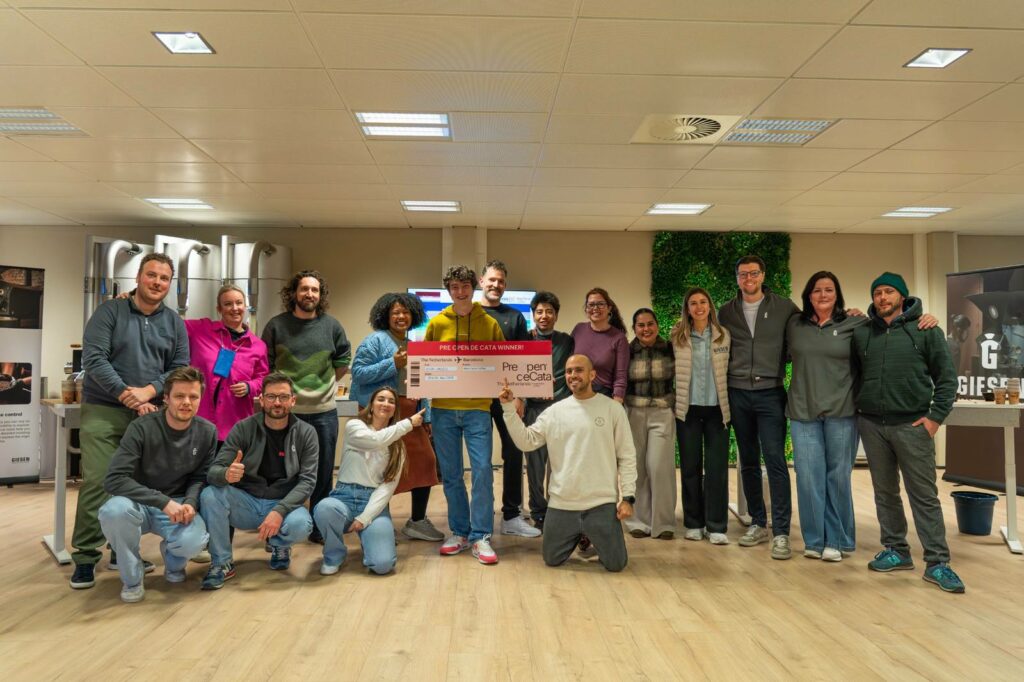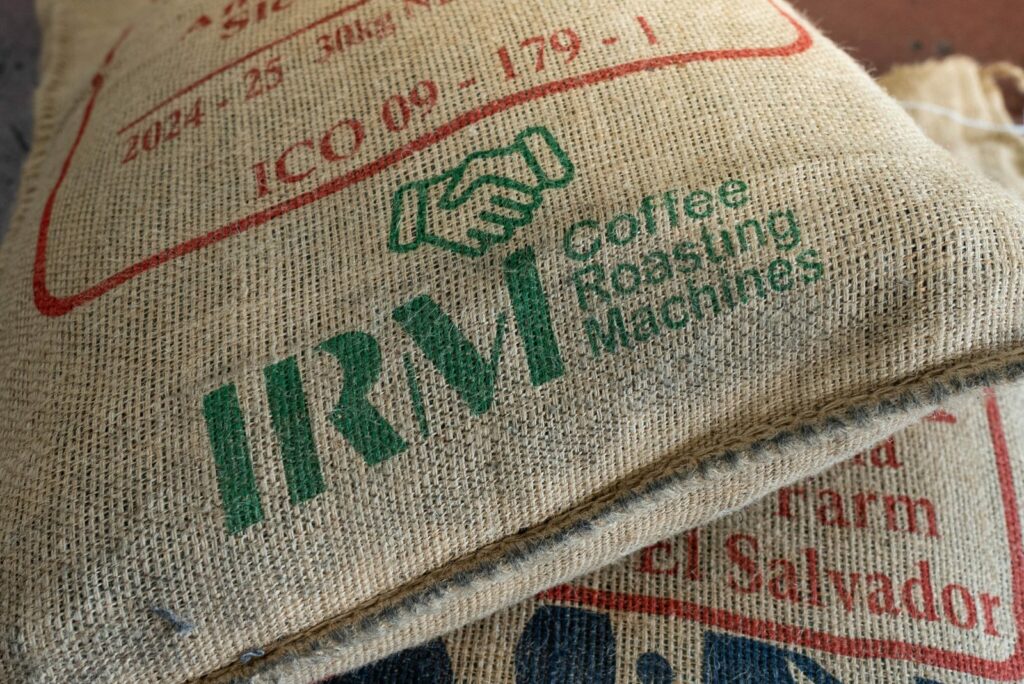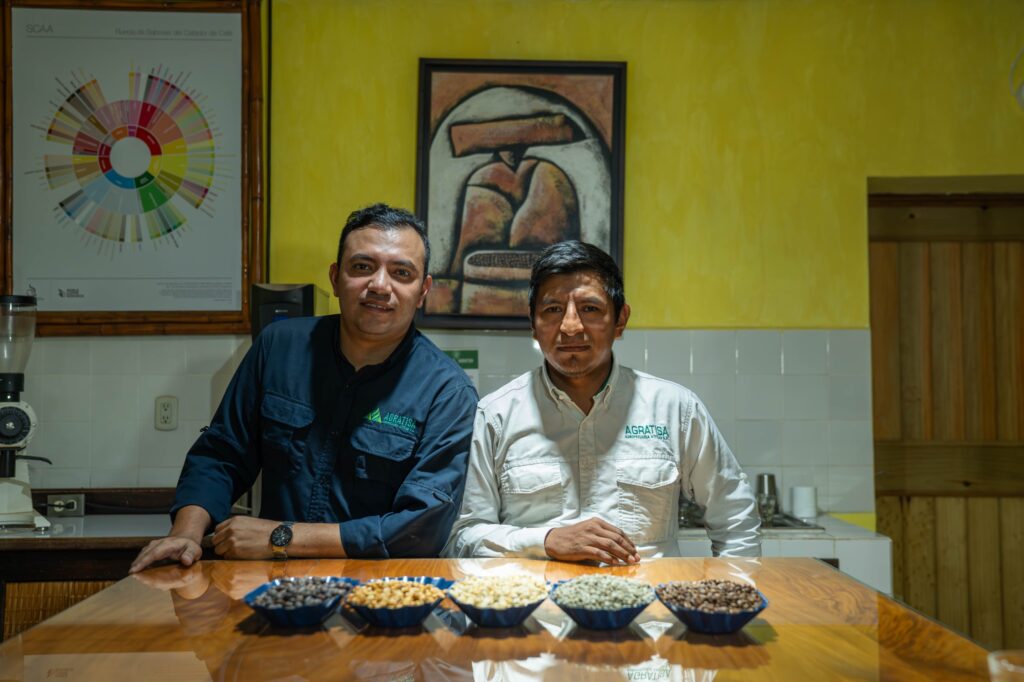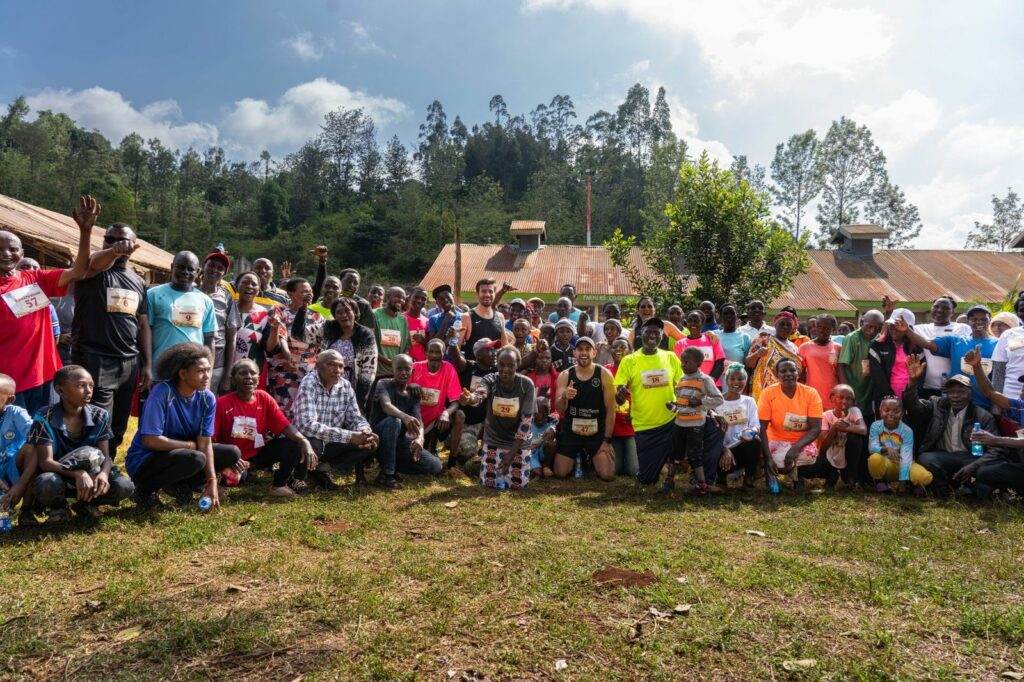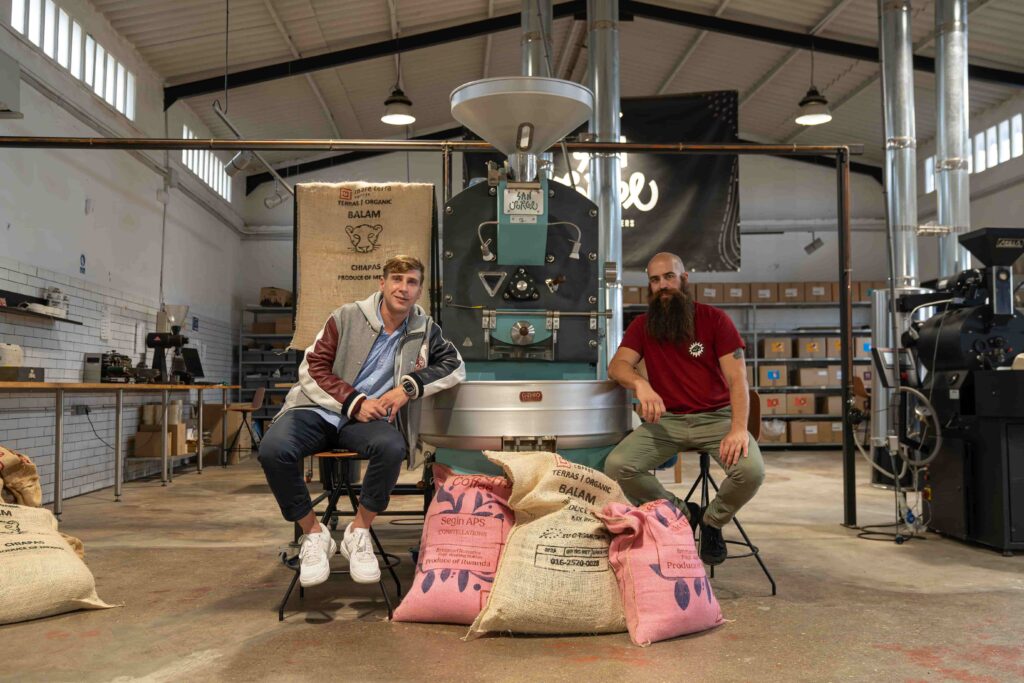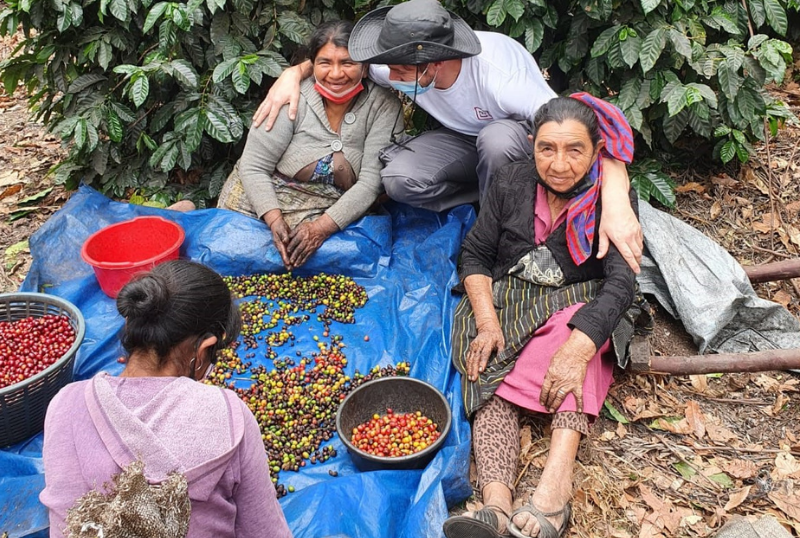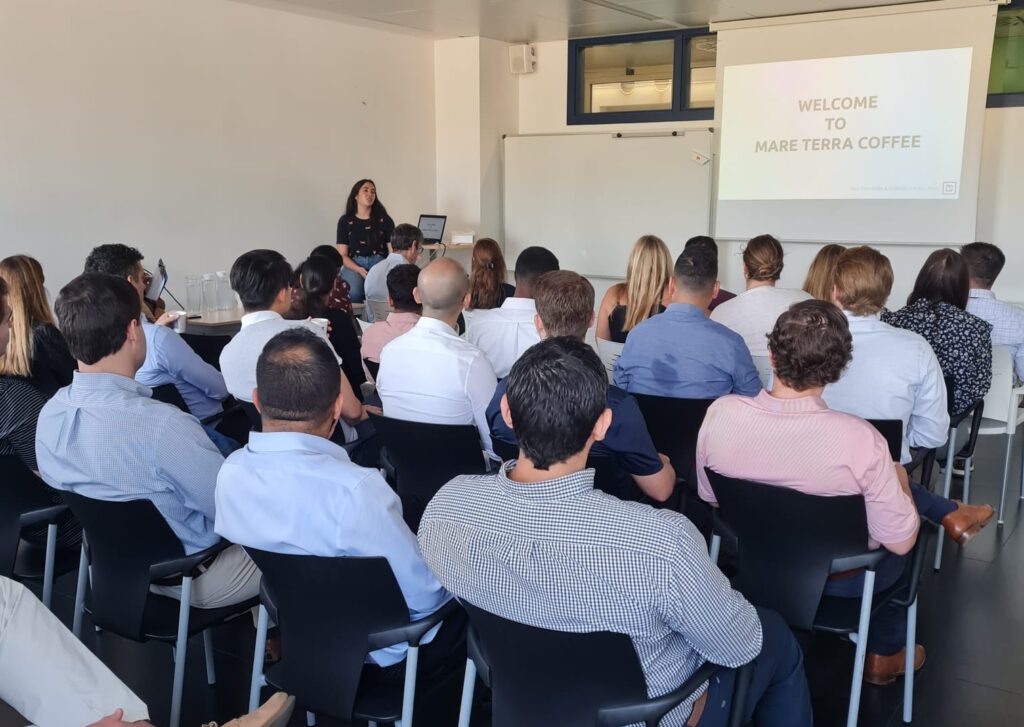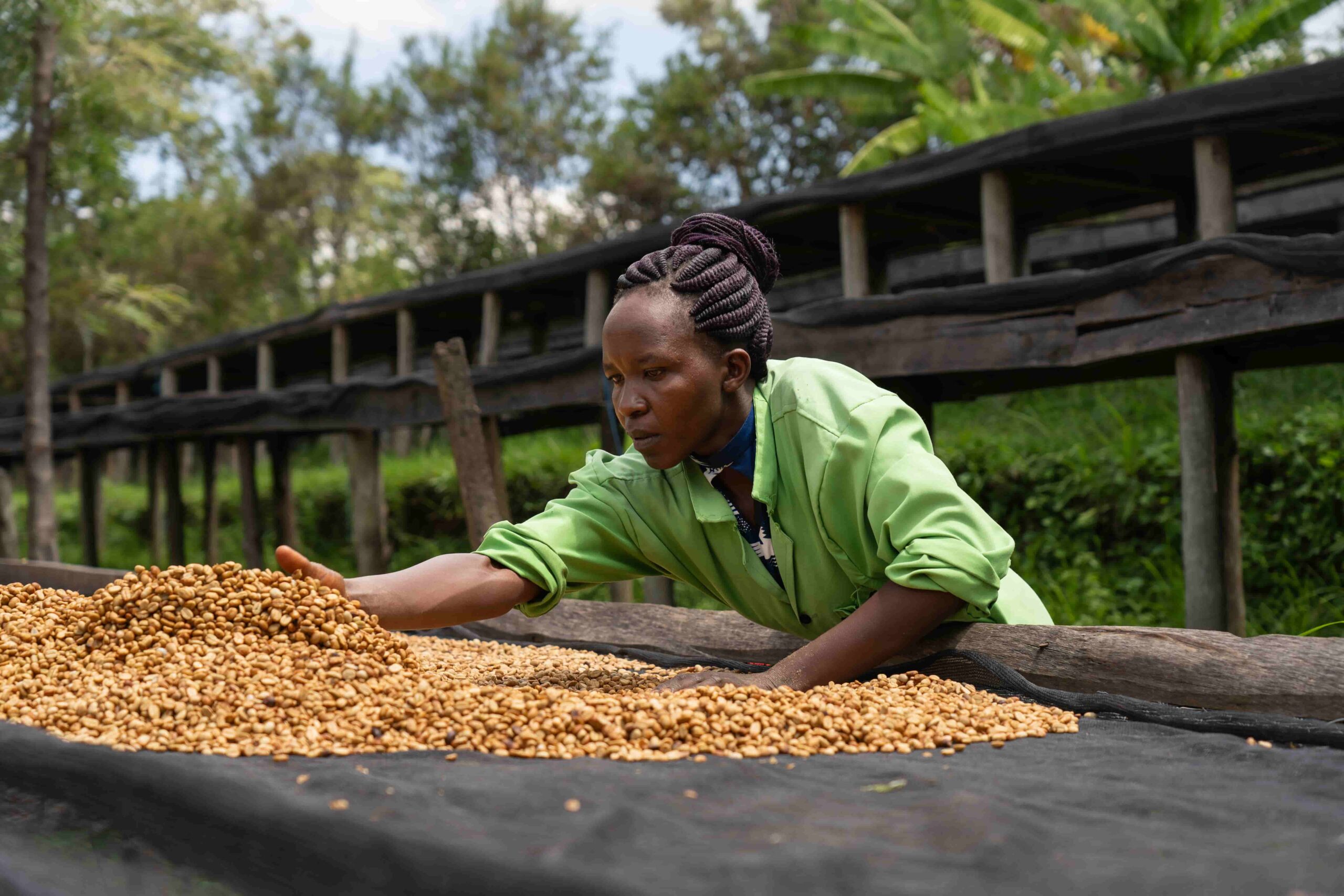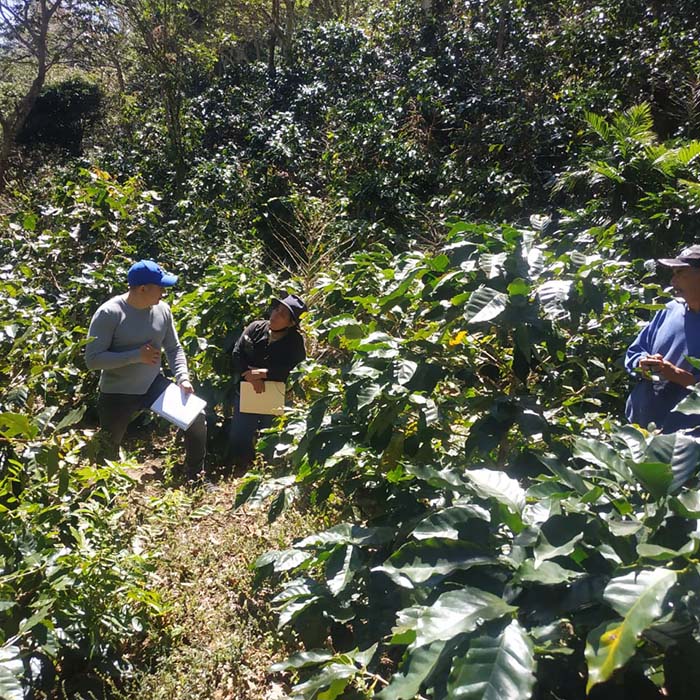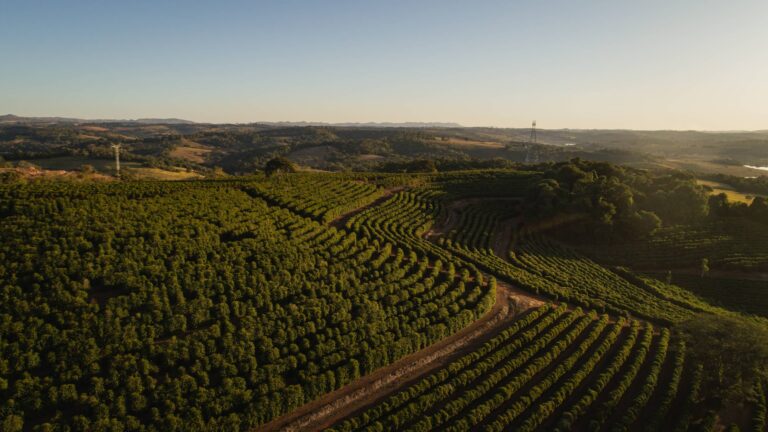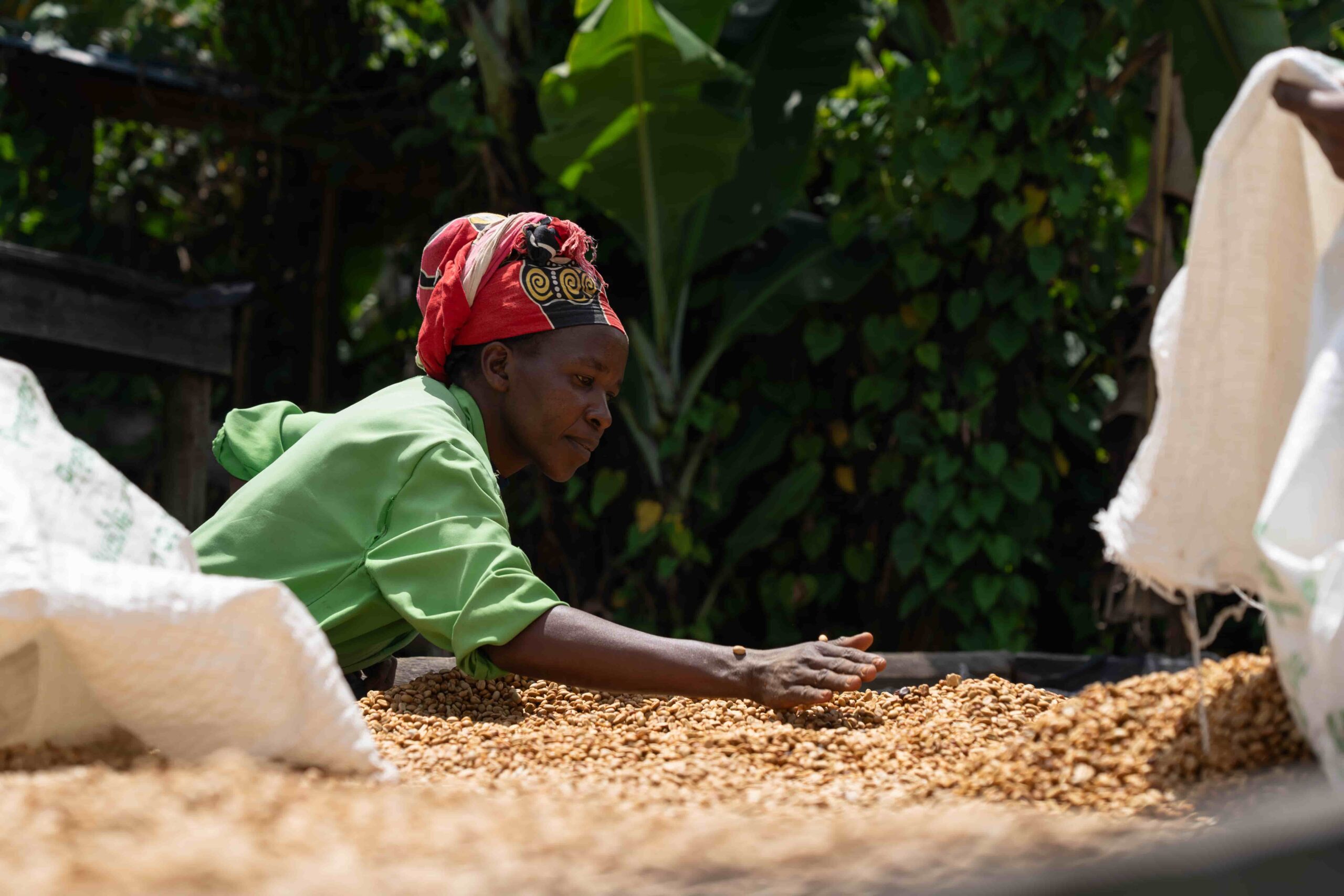The importance of traceability in the specialty coffee industry
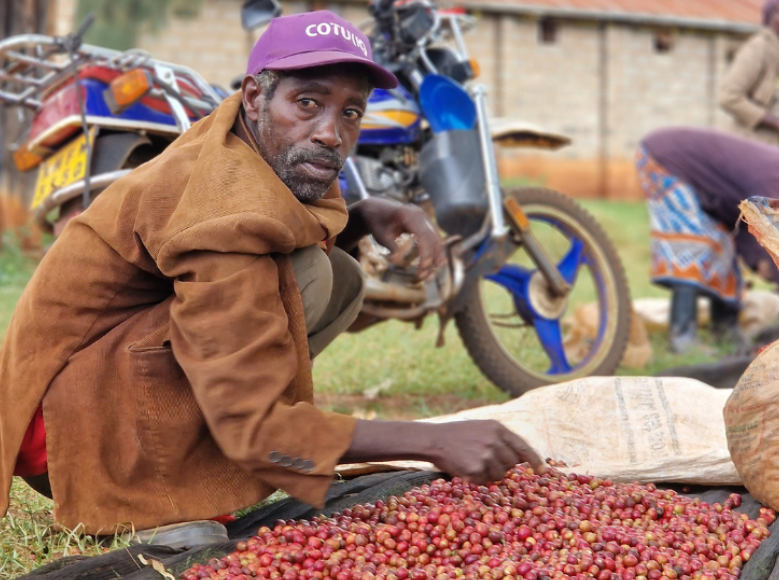
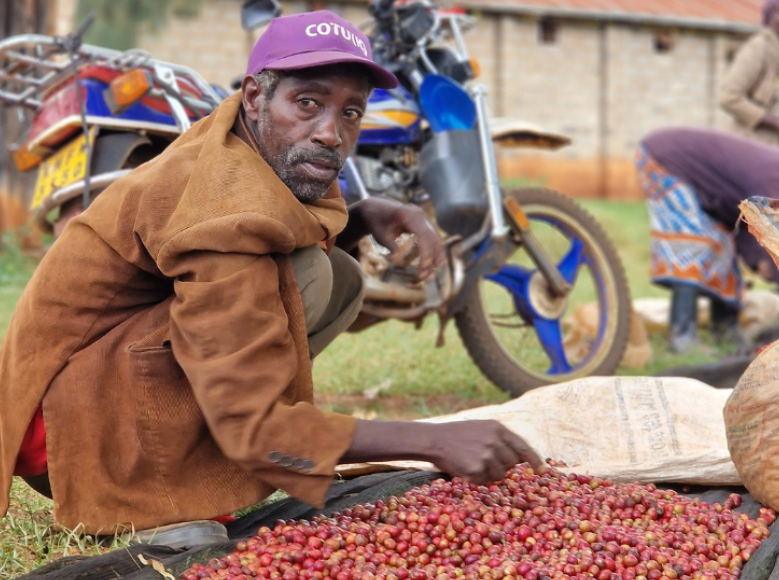
We talk about traceability as the complete traceability from the time the seeds are planted until we have a cup of coffee in the morning. The aim is to provide as much information as possible on each production and sales process to ensure that it is authentic, of good quality and sustainably produced.
Everything starts at the coffee farms or agricultural cooperatives, where we try to find out as much information as possible about the type of coffee being grown, the climate at the time of harvesting, and the process used. This is the key to knowing how good the coffee is and how it affects the environment.
When harvesting coffee beans, producers try to collect information on the varietal they have harvested, and thus both producers and organizations can demonstrate that their coffee is authentic and inspire consumer confidence, and be able to help in the decision making process when it comes to buying one coffee or another.
In addition, and very importantly, the traceability of coffee guarantees the wellbeing of the people working on the farms and the care of the environment where it is harvested.
Where does traceability start?
The first link where the coffee cherry is grown and processed can be on a farm or in an agricultural cooperative.
For the final consumer it is important to know where the coffee he/she has purchased comes from.
Let us differentiate between farm and agricultural cooperative.
-
Farm
More than 70% of the farms are classified as small production, each of them not exceeding 5 hectares. Most farmers try to produce the maximum amount of coffee with the minimum amount of resources.
Pros
More independence, complete traceability, process control and direct payments to the producer are guaranteed.
Cons
The cost of production is much higher, the infrastructures created are more expensive, it is difficult to market without losing identity.
-
Agricultural cooperative
Farmers pool their resources in certain areas of activity. They consolidate small lots that start with primary processing of the coffee cherry, then drying and finally export.
The cooperative helps solve problems that are difficult for farmers to solve alone.
Pros
They have access to materials and products at lower cost, receive financing as well as advice from agro-specialists.
Cons
They depend on a collective decision, there is a risk of losing complete traceability, they depend on financing and therefore on indirect payment.
This information can help the client to make a decision when choosing one coffee or another, although there are many factors that influence the final purchase. It should be taken into account that traceability is part of specialty coffee and is one of the factors that differentiates it from commercial coffee.
